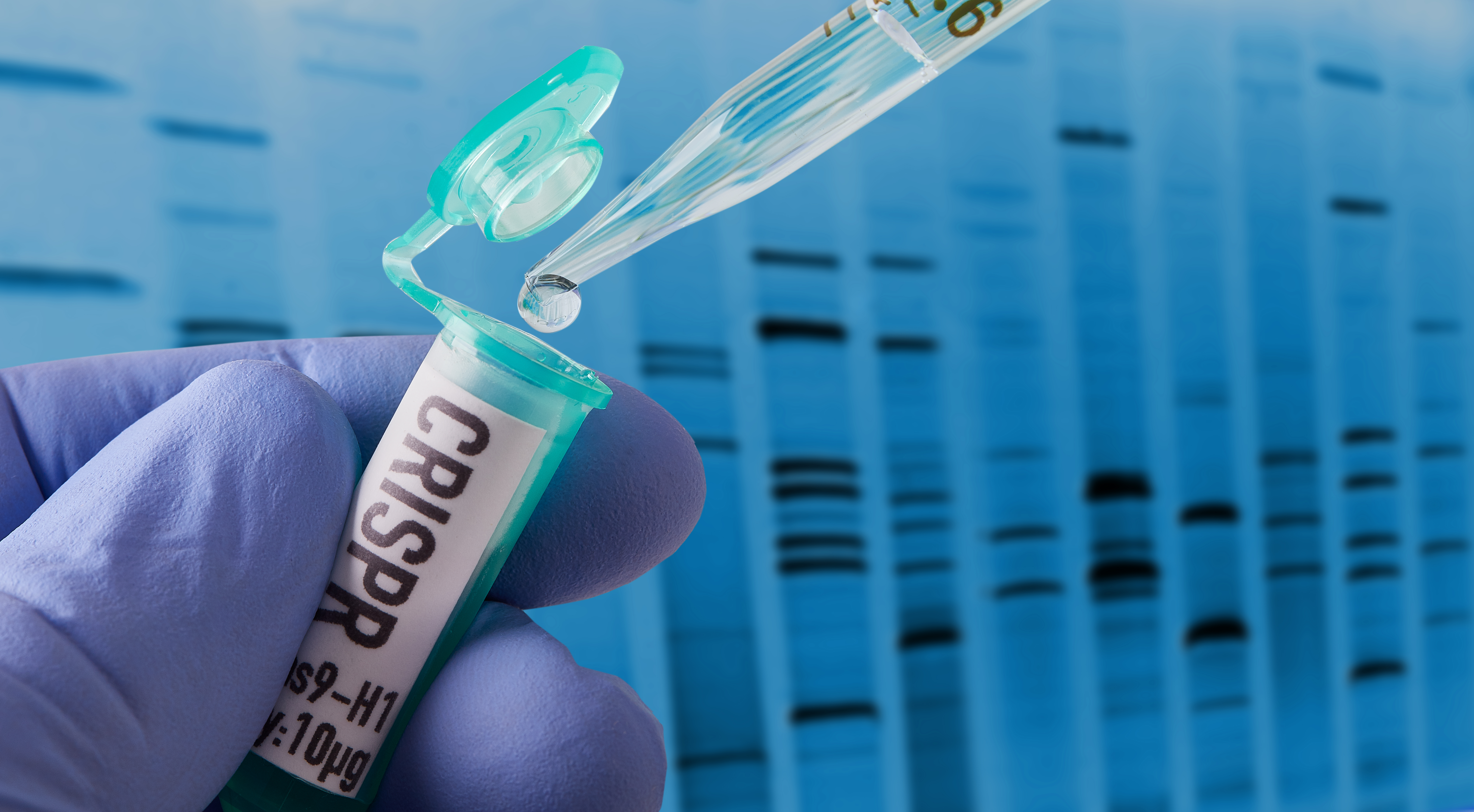Aggregated News

The gene-editing tool CRISPR enabled a groundbreaking new treatment for sickle-cell disease, and in the future, scientists anticipate that it could be used to tackle cancer, forms of inherited blindness, various superbug infections and even HIV. These uses of CRISPR are fairly uncontroversial — but in the background, ethicists worry that the tool could be used to edit away other, nonpathological features of humankind that are deemed "abnormal" or "unacceptable."
In the book excerpt below, Rosemarie Garland-Thomson, a bioethicist, author and thought leader in disability justice, discusses the danger of using CRISPR to enact what she calls "velvet eugenics." The passage is part of an essay featured in the new book "The Promise and Peril of CRISPR" (2024, Johns Hopkins University Press), edited by Dr. Neal Baer.
A New Eugenics
What does this meditation on eugenic science and its medical practice have to do with CRISPR, the newest and most promising tool in the suite of medical technology with which our fast-paced system of research, development, and commerce has presented us? Much of...



